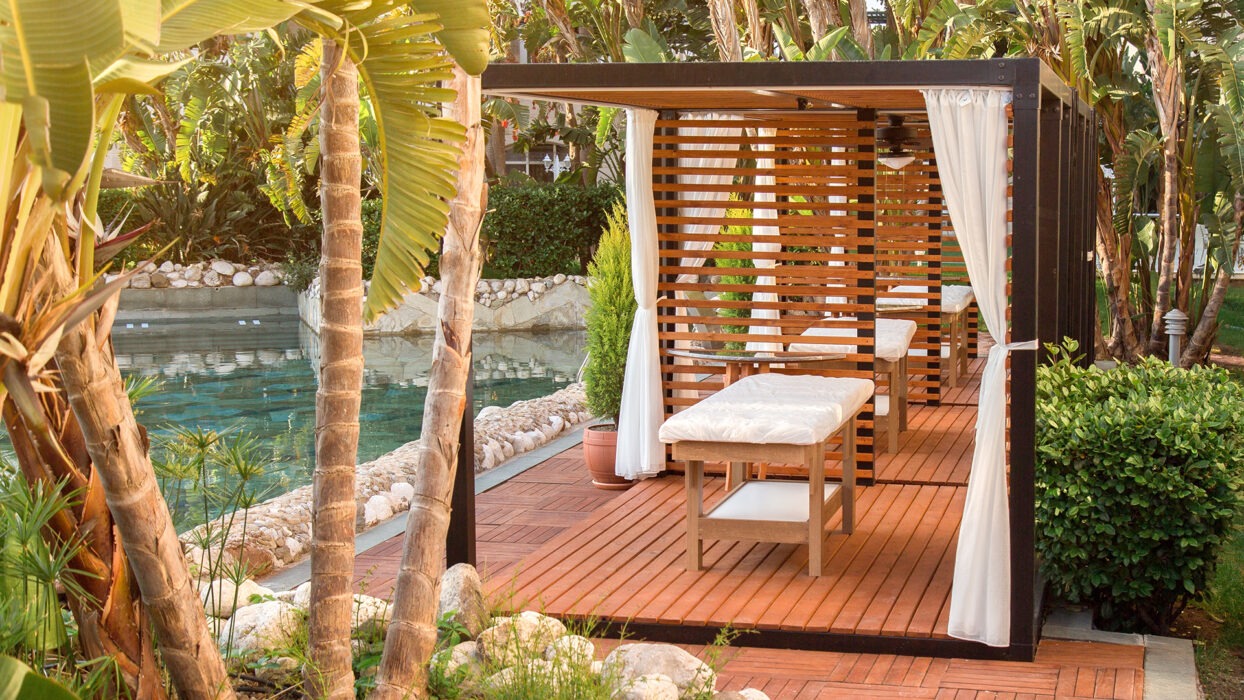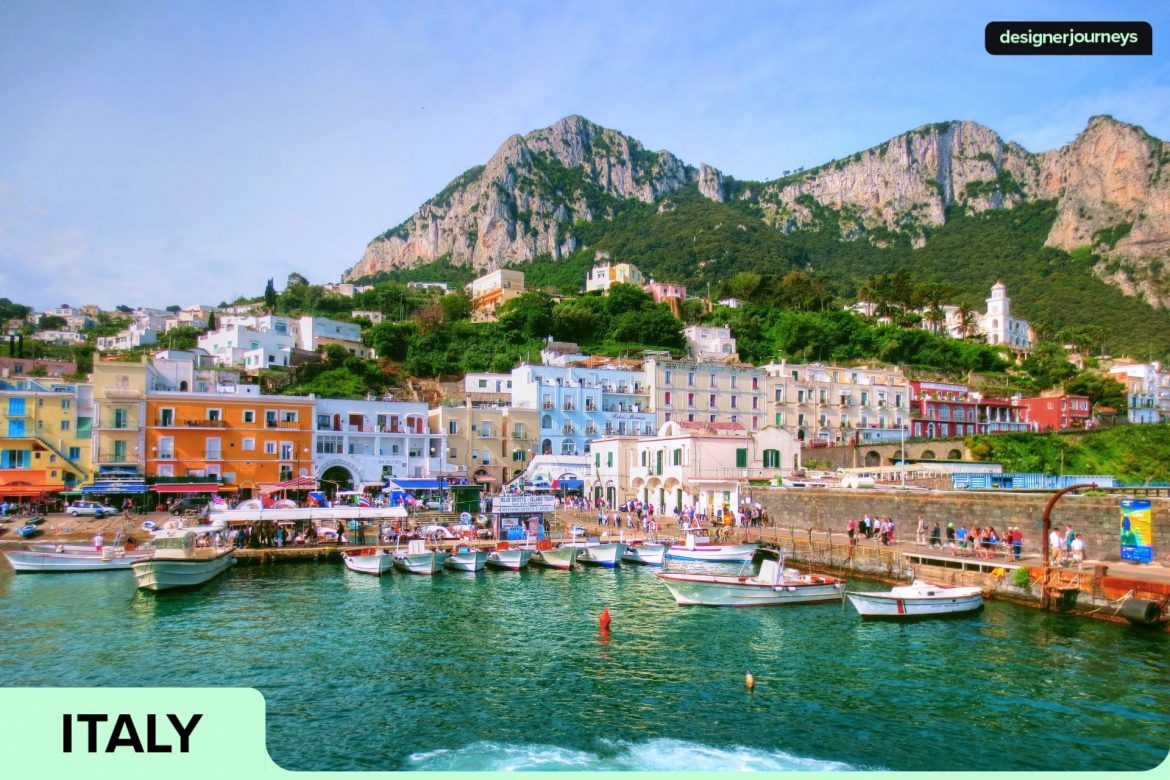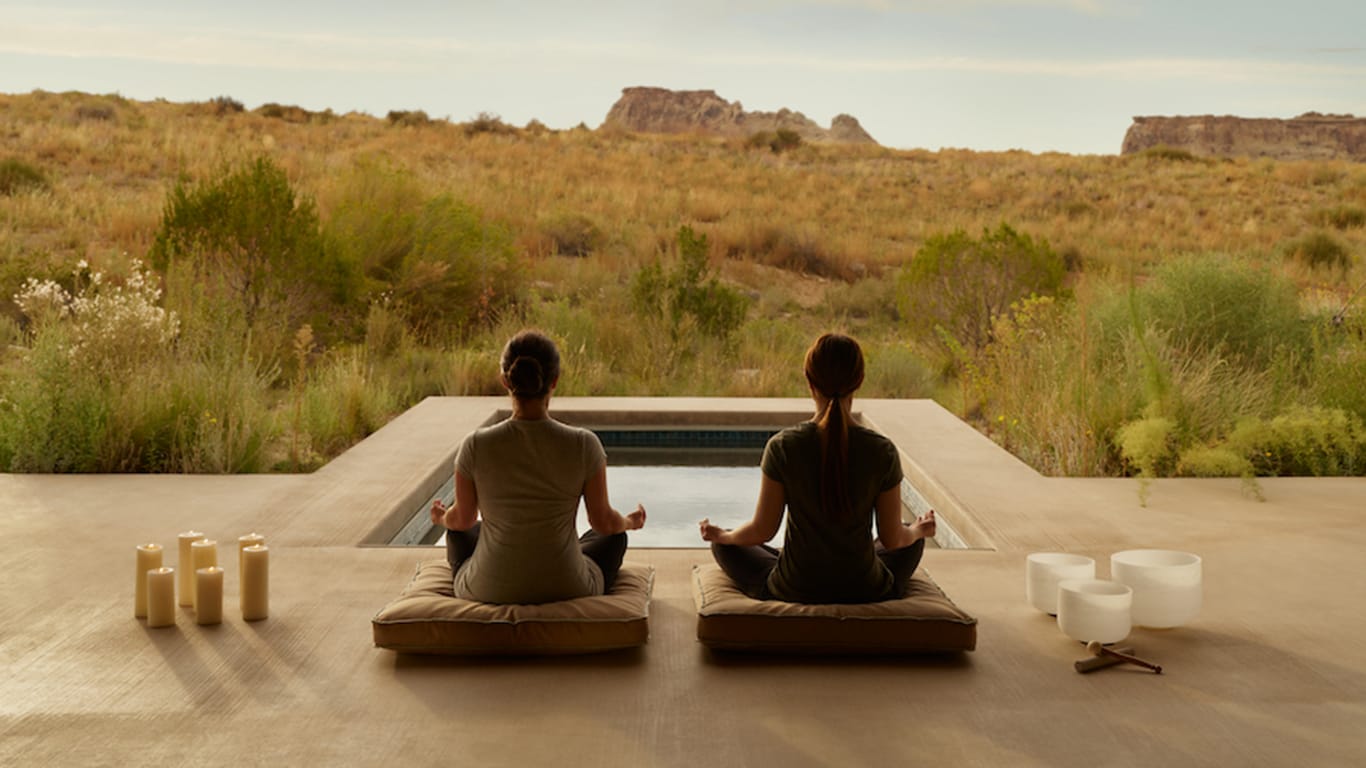Incorporating Wellness and Relaxation into Destination Planning for Holistic Tourist Itineraries

The Transformative Journey of Holistic Travel
In a world increasingly marked by stress and rapid change, the idea of travel is being redefined. Travelers are no longer solely seeking adventure or leisure; they are embracing a more profound journey towards personal well-being. This growing movement of holistic tourism is rooted in the belief that travel can significantly contribute to one’s physical and mental wellness. By prioritizing wellness and relaxation, individuals can deepen their connection with both themselves and the destinations they visit.
When embarking on a holistic travel journey, it’s crucial to curate an itinerary that incorporates several enriching elements:
- Mindfulness Activities: Engaging in practices such as yoga retreats can provide participants with the tools they need to cultivate a state of calm. Many wellness resorts in places like Sedona, Arizona, offer immersive programs that blend yoga sessions with guided meditation and enlightening nature walks through stunning landscapes.
- Wellness Services: An essential component of holistic travel is indulging in wellness services. This can range from rejuvenating spa treatments that utilize organic products to alternative healing practices such as acupuncture or sound therapy. Locations like Palm Springs, California, are renowned for their luxurious spas, which provide a serene environment for relaxation and healing.
- Healthy Cuisine: Food plays a significant role in wellness tourism, with many travelers seeking organic, farm-to-table dining experiences. Culinary offerings that emphasize local produce, plant-based dishes, and nutritional education can help guests feel nourished both physically and mentally. Cities like Asheville, North Carolina, known for their focus on holistic dining, highlight the connection between nutrition and overall well-being.
By integrating these aspects into travel plans, individuals can experience destinations that truly prioritize mental and physical wellness. The trend of wellness tourism is gaining momentum across the United States, with various regions nurturing unique experiences aimed at promoting stress relief and rejuvenation. Whether through hot spring baths in Colorado or wellness-focused retreat centers in Maui, there are abundant opportunities to connect with oneself and the environment.
As you navigate through the nuances of holistic travel planning, reflect on how these elements can elevate your adventures. Wellness tourism not only encourages relaxation but also invites opportunities for personal growth and self-discovery. Consider this your invitation to explore the array of wellness-focused experiences available, unlocking the potential for transformative journeys that nourish your body, mind, and soul.
DIVE DEEPER: Click here for insights on tech-driven travel planning

Creating the Framework for Holistic Travel Experiences
As interest in wellness tourism continues to rise, it becomes imperative to understand how to effectively incorporate these principles into destination planning. The objective is to craft holistic itineraries that offer more than just sightseeing; they should facilitate a deeper immersion into the nurturing aspects of travel. To create a transformative journey for travelers, consider focusing on the following core components:
- Well-being Workshops: Immersive workshops centered around topics such as mindfulness, stress management, and holistic health can enrich guest experiences. For example, retreats in tranquil locations like the Catskills, New York, often feature expert-led sessions on personal development and emotional healing.
- Nature Integration: An essential part of wellness is connecting with nature. Planning activities such as hiking, forest bathing, or beach yoga allows travelers to harmonize with their surroundings. Destinations such as Joshua Tree National Park in California are perfect for highlighting the therapeutic benefits of the outdoors.
- Cultural Immersion: Engaging with local cultures through community workshops enhances the holistic travel experience. Participating in artisan craft sessions or traditional cooking classes can provide travelers with a sense of belonging and a deeper understanding of the destination’s heritage.
Incorporating these elements into your travel plan not only enhances the wellness aspect but also fosters a meaningful connection to the places visited. Beyond just relaxation, the objective is to create a holistic environment where travelers can engage in self-reflection and personal enrichment.
It’s imperative to recognize that the environments we choose to explore play a significant role in shaping our overall wellness. For instance, booking accommodations that prioritize sustainability and well-being, such as eco-friendly resorts or wellness-centric cabins, furthers the goals of holistic tourism. Many travelers are keen on fostering an ethical relationship with the places they visit, particularly in areas known for stunning natural backdrops, like the shores of Maui or the mountains of Colorado.
Moreover, the support of local businesses is crucial in this planning process. Collaborating with local wellness professionals, such as nutritionists, yoga instructors, and holistic healers, can elevate the traveler’s experience. Offering tailored experiences that resonate with the essence of a destination not only enhances tourist satisfaction but also strengthens community ties.
As you set your sights on crafting holistic itineraries, it’s pertinent to prioritize an authentic blend of relaxation and wellness services that align with the interests and values of modern travelers. The journey toward well-being can lead to transformative experiences, making the travel not just a break from daily life, but a step towards lasting personal growth and rejuvenation.
| Wellness Activity | Benefits |
|---|---|
| Yoga Retreats | Encourages mindfulness and stress reduction, allowing tourists to recharge amidst nature. |
| Spa Experiences | Provides relaxation through therapeutic treatments, enhancing overall well-being. |
| Wellness Workshops | Teaches visitors holistic practices, promoting lasting lifestyle changes and improved health. |
| Nature Walks | Connects individuals with their environment, fostering mental clarity and emotional balance. |
Incorporating wellness and relaxation activities into destination planning addresses the rising demand for holistic experiences among travelers. Destinations that offer these activities not only enhance the attractiveness of their itineraries but also encourage sustainable tourism practices. For instance, yoga retreats conducted in serene settings allow tourists to practice mindfulness, significantly reducing their stress levels and rejuvenating their spirits.Moreover, Spa experiences offer tourists a chance to unwind while benefiting from relaxation therapies tailored to meet individual needs. Additionally, wellness workshops can empower participants with knowledge on how to maintain their physical and mental health, even after the vacation ends. These unique offerings are appealing as they cater to a growing audience increasingly prioritizing mental well-being in their travel choices.Furthermore, nature walks provide physical activity combined with the therapeutic benefits of being outdoors, enabling visitors to connect with their surroundings while uplifting their mood. This convergence of relaxation and exploration promotes a holistic travel experience, supporting the overall wellness narrative that many travelers are now seeking. Exploring and integrating such elements can position destinations as leaders in the wellness tourism sector, ensuring visitors cherish their experiences long after they return home.
DISCOVER MORE: Click here to enhance your travel planning
Experiential Opportunities to Enhance Well-Being
To elevate the experience of wellness travel, it is essential to incorporate experiential opportunities that provide guests with memorable, enriching activities tailored to individual wellness goals. These experiences should emphasize not just physical relaxation, but a comprehensive focus on mental and emotional well-being.
- Mindfulness Retreats: Guided silent retreats or meditation workshops can offer travelers the chance to unplug and reconnect with themselves. Locations such as Kripalu Center for Yoga and Health in the Berkshires of Massachusetts provide serene environments and expert guidance to cultivate mindfulness, reduce stress, and enhance overall mental health.
- Holistic Healing Practices: Integrating alternative healing modalities such as acupuncture, Reiki, or aromatherapy can significantly contribute to a well-rounded wellness itinerary. Destinations featuring wellness centers that specialize in these therapies, like the Well at the 1 Hotel in Miami, allow tourists to experience a variety of holistic treatments that cater to their specific needs.
- Culinary Wellness: The nutritional aspect of wellness cannot be overlooked. Offering food-centric experiences such as farm-to-table dining, cooking classes with local chefs, or nutritional workshops can deepen travelers’ understanding of healthy eating practices tied to the region. Many culinary schools, such as the New England Culinary Institute, provide courses that blend culture with nutrition, allowing guests to savor healthful dishes that reflect local flavors.
In today’s travel environment, capturing the interest of health-conscious travelers also hinges on providing accessible wellness options. This means ensuring that wellness activities are adaptable for all levels of experience. Destinations that offer beginner-friendly yoga classes, nature walks open to all ages, or workshops centered around basic mindfulness techniques can attract a broader audience.
Moreover, integrating local wellness rituals into itineraries can amplify the authenticity of the travel experience. For instance, participating in a traditional Native American sweat lodge ceremony provides travelers with not just spiritual insight but also fosters respect for indigenous practices. Locations throughout the Southwest, such as Santa Fe, New Mexico, frequently host these events, inviting participants to engage with sacred practices while promoting emotional healing.
Furthermore, partnerships with wellness influencers or travel bloggers specializing in holistic wellness can enhance destination visibility and create buzz around customizable wellness travel packages. Collaborating with recognized personalities in the holistic space allows for broader outreach potential while establishing credibility within the wellness community.
Leveraging digital platforms to promote wellness-focused initiatives can also engage a niche market effectively. Consider utilizing social media campaigns that highlight unique wellness offerings at destinations, or perhaps a wellness-focused newsletter featuring upcoming retreats at serene locales. Harnessing the power of social media for marketing can profoundly impact traveler decision-making, creating awareness around the essential connections between travel and well-being.
The modern traveler is increasingly seeking experiences designed not only for relaxation but also those that lead to personal growth and interconnection with the world around them. By thoughtfully incorporating these diverse elements into wellness itineraries, destination planners can create fulfilling journeys that resonate deeply with visitors, enhancing not just their trips, but also their lives.
DISCOVER MORE: Click here to learn how technology can enhance your travel planning
Final Thoughts on Wellness Integration in Destination Planning
As the demand for holistic travel experiences continues to surge, integrating wellness and relaxation into destination planning is no longer a luxury but a necessity. Visitors are increasingly drawn to itineraries that offer not just a break from routine, but an opportunity for personal transformation and authentic connection with themselves and their surroundings. By weaving together diverse aspects of wellness — from mindfulness practices and holistic healing to culinary education — destinations can create compelling narratives that captivate and enrich the traveler’s journey.
The future of tourism lies in understanding the evolving needs of health-conscious individuals. Accessibility is pivotal, as experiences should cater to varying abilities and preferences. Additionally, embracing local traditions and wellness rituals not only enhances authenticity but also respects cultural heritage, making each journey profoundly meaningful.
Moreover, the power of digital marketing cannot be understated. Engaging social media campaigns and strategic partnerships with wellness influencers can amplify a destination’s reach, attracting a dedicated audience eager for restorative travel experiences. Ultimately, when destination planners prioritize wellness and relaxation in their offerings, they position themselves as leaders in a rapidly changing travel landscape, paving the way for enriching journeys that resonate deeply and foster lasting connections.
By making wellness a cornerstone of holistic tourist itineraries, destinations can ensure that every traveler leaves not just with unforgettable memories but also with rejuvenated spirits and healthier lifestyles, truly transforming the way we explore our world.


